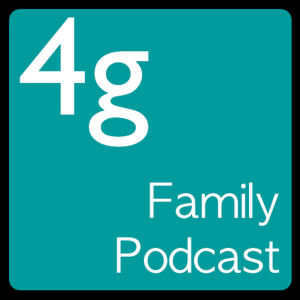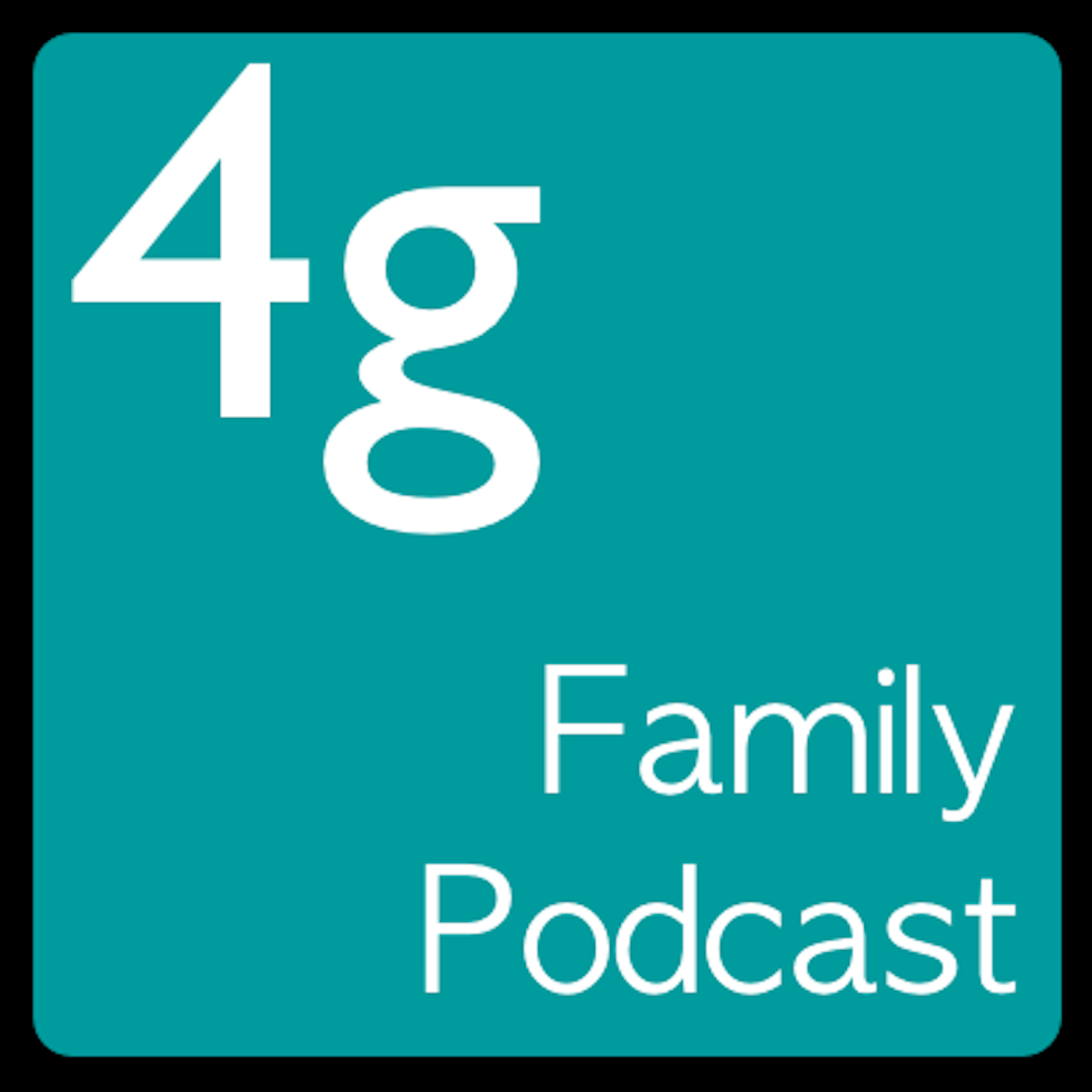Episodes

Sunday Jan 18, 2015
Walls Falling Down
Sunday Jan 18, 2015
Sunday Jan 18, 2015
The focus on this lesson is Ephesians 2:11-17. While still reviewing many of the blessings we have "in Christ", Paul begins to move from an emphasis on the individual blessings toward the new positions we enjoy as a group of likeminded believers.
Thankfully, when we are in Christ, we get all of the above things. Truly, the walls that previously separated the "haves" from the "have nots" have come down because of Christ's saving work!The one word that best describes the Gentiles is without. They were “outside” in several respects.
Without Christ. The Ephesians worshiped the goddess, Diana, and, before the coming of the Gospel, knew nothing about Christ. Those who claim that pagan religions are just as acceptable to God as the Christian faith will have a problem here, for Paul cites the Ephesians’ Christless state as a definite tragedy. But then, keep in mind that every unsaved person, Jew or Gentile, is “outside Christ” and that means condemnation.
Without citizenship. God called the Jews and built them into a nation. He gave them His laws and His blessings. A Gentile could enter the nation as a proselyte, but he was not born into that very special nation. Israel was God’s nation, in a way that was not true of any Gentile nation.
Without covenants. While the blessing of the Gentiles is included in God’s covenant with Abraham (Gen. 12:1–3), God did not make any covenants with the Gentile nations. The Gentiles were “aliens” and “strangers”—and the Jews never let them forget it. Many of the Pharisees would pray daily, “O God, I give thanks that I am a Jew, not a Gentile.”
Without hope. Historians tell us that a great cloud of hopelessness covered the ancient world. Philosophies were empty; traditions were disappearing; religions were powerless to help men face either life or death. People longed to pierce the veil and get some message of hope from the other side, but there was none (1 Thes. 4:13–18).
Without God. The heathen had gods aplenty, as Paul discovered in Athens (Acts 17:16–23). Someone in that day said that it was easier to find a god than a man in Athens. “There be gods many and lords many,” wrote Paul (1 Cor. 8:5). But the pagan, no matter how religious or moral he might have been, did not know the true God. The writer of Psalm 115 contrasted the true God with the idols of the heathen.
Wiersbe, W. W. (1996). The Bible exposition commentary (Vol. 2, p. 22). Wheaton, IL: Victor Books.


Comments (0)
To leave or reply to comments, please download free Podbean or
No Comments
To leave or reply to comments,
please download free Podbean App.